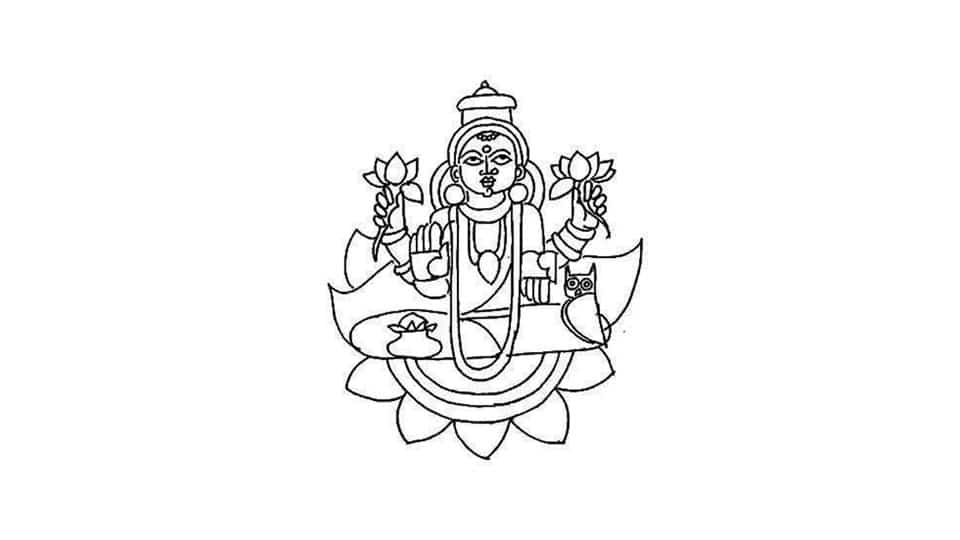By Dr. Devdutt Pattanaik – Author, Speaker, Illustrator, Mythologist
Arthashastra or economics is today linked with Chanakya, even though he himself claims his knowledge to have come down from Shukra, the Guru of Asuras, and Brihaspati, the Guru of Devas. Since Chanakya eclipses Shukra and Brihaspati, Arthashastra has become more Statecraft, or Dharmashastra, than Economics.
When we study the mythology of these Gurus of heaven and netherworld we realise they conducted yagna for their patrons. Yagna grants success to Devas and Asuras. It enables Devas to live in Swarga, located above the sky, and Asuras to live in Hiranyapura, located under the earth.
One who conducts the yagna, the Yajaman, gives what he has as Svaha hoping to get what he wants as Tathastu. This is the fundamental principle of Economics: to use what you have to get what you want. Invest to get return on investment. Yagna, the ancient Hindu ritual, is thus more to do with economics and market, than spirituality. To do dharma, is to do yagna: give goods and services in exchange for money. Adharma is when goods and services are taken by force; this is exploitation.
Thus Hinduism speaks of ethics and Economics in the same breath as it speaks of governance. We don’t study Hinduism or yagna in this way. We are not taught Vedas in this way. We prefer associating Vedas and yagna and Hinduism with magic and supernatural power, like auras and energy fields, fortune-bestowing and misfortune-averting grace and talismans. Rishis by promoting yagna were promoting exchange and trade, which is the hallmark of civilised conduct, over stealing and plunder, which was seen as behaviour of savages and barbarians, who were deemed Rakshasas.
Flowers offered in temples remind us of yagna. How do flowers attract bees? They provide nectar, the nectar which the bees want for making honey. In other words, they give something to get something. Why do they want to attract the bees? They use the bees for pollination, for flowers to transform into fruits. If plants fail to pollinate, they will not turn into fruit, so for their growth they need bees. They don’t grab bees or trick bees. They give something in exchange. This exchange is yagna. In dharma, sewage cleaner is treated like a Devata, given due respect and fair payment. When we treat him as untouchable and deny him fair wages and protective gear, it is adharma. In dharma, every service-provider, whether politician, or bureaucrat or businessman or a member of the hospitality or health services, has to be given respect of a Devata, as they are invoked to satisfy the wishes and desires of the Yajaman.
The word ‘shudra’ is for those people who provide services. We have privileged some services: taking care of temples, conducting weddings, protecting the land are regarded as being ‘superior’ to services like sweeping the floor, maintaining the toilet, cooking food. But that is just our ego at work, for, from Lakshmi’s point of view, it makes no difference. Many people love doing service (seva) for Gods and Gurus, and call themselves ‘dasa’, but they will not respect those who work as servants in their house.
If you work in a company, you are selling your service. If you are a bureaucrat, you are giving a service. If you are working as an accountant, you are providing a service. If you work as a HR person, you are giving a service, a call centre is giving a service, a tuition teacher is giving a service. If you are cooking and cleaning the house, you are providing a service. The soldiers protect the land, defend of the land, establish law and punish lawbreakers as part of their service. By giving service, we earn wages. That is how Lakshmi comes to us when we offer service through yagna.








Recent Comments